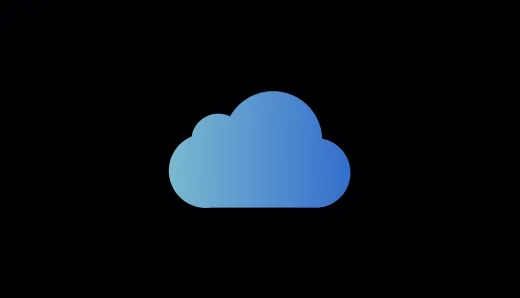Apple Pay, Cash App, and PayPal May Soon Be Regulated Like Banks

When users of smartphone payment services are paying for products and services or transferring money to others through mobile money services such as Apple Pay, PayPal, and Cash App, American regulators are thinking of bringing them under the banking charter. These trends undermine the product and service differentiation between traditional banking endeavors and tech organizations and companies, giving rise to the fintech concerns with specificity to consumer protection, regulatory oversight accountability, and the potential for creating systematic risk. This might mean new rules on these apps, something that may affect the users and the businesses as well. Be ready as digitized payment apps are set for closer regulation and shifts in the financial industry fabric.
Curious how these changes could impact your favorite apps—and your wallet? Subscribe to stay informed and dive into what’s happening and what it means for you.
Why Are Payment Apps Facing Increased Scrutiny?
The use of social payment applications such as PayPal, Apple Pay, and Cash App is rapidly growing because they act like traditional banks, but do not come with the same legal requirement. The need for PayPal and similar platforms can be judged by one fact – in 2022, PayPal alone was involved in over $800 billion worth of transactions. However, many people encounter some emergent concerns related to the regulation of fintech since these platforms might share risks connected with fraud, insolvency, or system failures, unlike traditional banks. Demands for PayPal regulation and Cash App transformation prove the necessity of increasing regulations concerning the platforms. To create, maintain, and enhance the trust which is most needed in the digital payments ecosystem it is imperative to address the identified gaps.
What Changes Are Regulators Proposing?
Existing regulatory authorities are preparing for more detailed supervision of payment technologies like Apple Pay, PayPal, and Cash App, as well as beefed-up financial measures and improved consumer protection measures to increase user awareness of digital transactions. The Federal Reserve and the Consumer Financial Protection Bureau (CFPB) are proactively working in these areas, as there are increasing risks appearing in the fintech market.
Some of these suggestions may have constraints originating from other worldwide trends like recent regulations of fintech firms in the EU and UK. American authorities are currently targeting to ensure that different platforms handle customer funds safely. These changes could affect the functioning of the digital payment apps, putting the user’s interest first and setting up standards that will be followed by competitors.
How Could This Impact Users?
The increasing regulation of digital payment apps like PayPal, Apple Pay, and Cash App could significantly influence user experience. On the positive side, users may benefit from increased transparency and security for their stored funds, alongside standardized dispute-resolution processes that protect consumer rights.
However, there are potential downsides, such as added fees or changes in services, as apps adapt to meet compliance requirements. Some apps might also transition toward a traditional banking model, altering their convenience. These changes reflect growing fintech regulation, ensuring safer transactions but possibly impacting usability. Staying informed about these PayPal oversights and Cash App changes is key to adapting effectively.
Why This Matters for Big Players Like Apple and PayPal
The current and emerging nature of regulation in the fintech industry brings both risks and opportunities for digital payment applications. While big players such as Apple Pay or PayPal have the capabilities of responding quickly to this trend, new fintech challengers can be snared by compliance issues. As more market “super apps” offer banking and payment services, industry leaders are well-placed to dominate even more.
At the same time, new attention and focus may arise bringing about enhanced strategies to meet up to their requirements. Banks and PayPal for the Apple Pay and other services, staying with regulations helps to build the user trust and extend the service. The success of the drivers of disruption in fintech will therefore depend on how Issuing Services, Cash App, and others adjust to fintech regulation to build the new competitive landscape.
What Should Consumers Do Now?
Stay proactive with digital payment apps amidst evolving fintech regulations. Regularly monitor updates from providers like Apple Pay, PayPal, and Cash App to stay informed about potential changes. Minimize risks by avoiding large balances in these apps and ensuring your linked banking information is secure. Familiarize yourself with customer support options and dispute processes to address any issues promptly. As PayPal oversight and Apple Pay banking evolve, prioritize cybersecurity best practices to protect your funds. Staying updated on Cash App changes and industry regulations ensures you navigate the fintech landscape confidently. Your financial security begins with informed decisions.
In summary, Digital payment apps such as Apple Pay, PayPal, Cash App, and others change the very nature of the banking services with reference to fintech. As the authorities intensify the regulation and supervision of fintech startups and the services they offer, these companies are becoming progressively more similar to banks. Thus, from banking advances such as Apple Pay to the emerging increased scrutiny regarding PayPal and Shift’s Cash App, the industry has prospects and issues. But as fintechs adapt to stricter rules, a critical question remains: As these apps become more like banks, will your trust grow—or fade?



